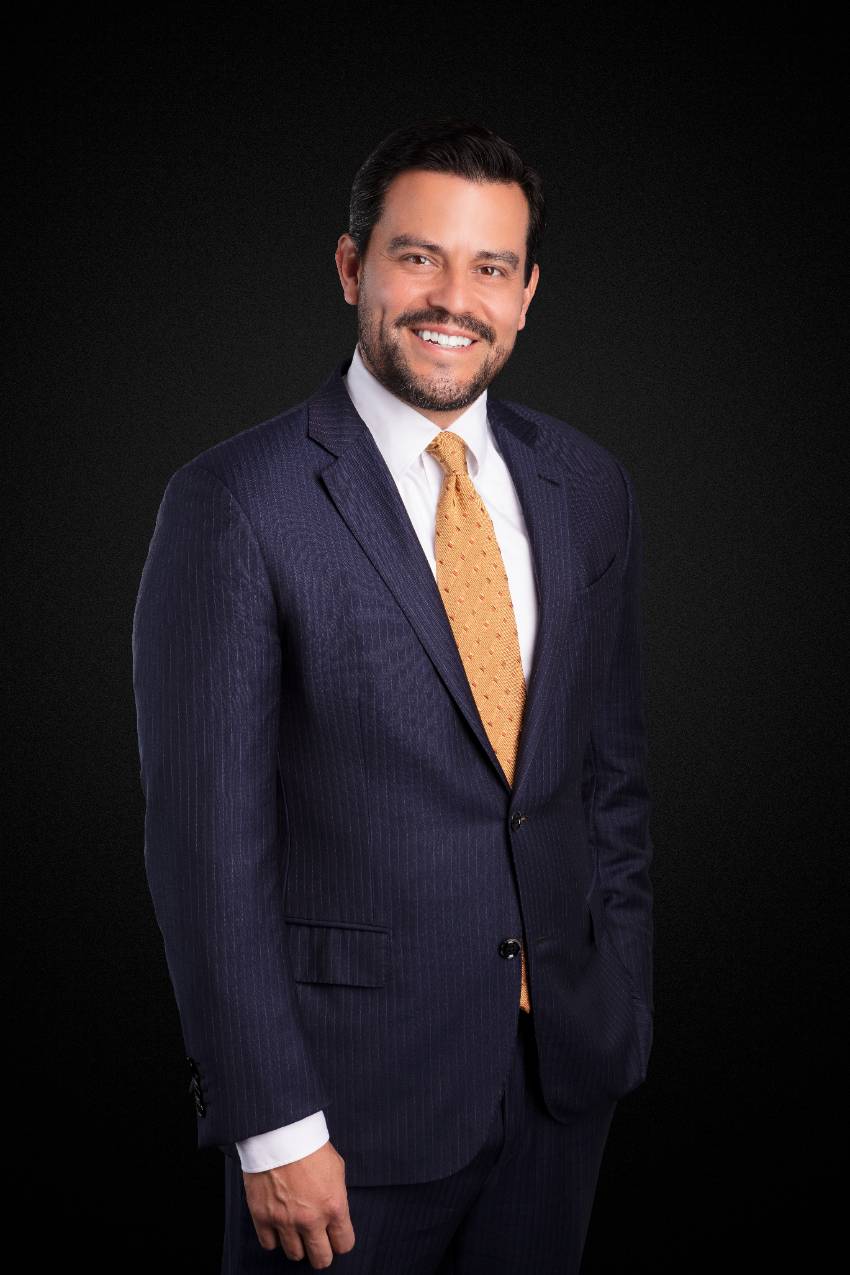*This is a guest post from another attorney. The author’s views are his own and do not necessarily reflect the views of our firm. This does not constitute an endorsement of any attorney or firm.
When you think about daylight savings time, personal injury law is probably one of the last things that come to your mind. Yet, every year, the changing of our clocks is associated with a significant increase in the number of highway accidents. One of the key studies on this issue was published in the U.S. National Library of Medicine National Institutes of Health. Researchers found the following two things:
- On the Monday immediately after the spring daylight savings time, there is an increase in fatal car accidents.
- On the Saturday night/Sunday morning during fall daylight savings time, there is a significant increase in car accidents.
These are striking findings. That accidents happen at different times during the spring and fall is especially notable. This raises an important question: What exactly is going on here? Highway safety researchers have a theory.
Drowsy Driving Accidents Increase When We Lose an Hour of Sleep
In the springtime, the clocks in most American states jump ahead by one hour. During that weekend, many people simply lose out on an hour of sleep. On the surface, this may seem like a relatively trivial issue. After all, how important could one hour of sleep on a random Saturday night in the middle of March really be? As it turns out, very important.
Researchers believe that the reliable increase in motor vehicle accidents on the Monday morning following the “spring ahead” daylight savings time is likely related to drowsy driving. Driving while tired is extremely dangerous. Drowsiness reduces reaction speed and makes it more difficult for a driver to stay focused. In the worst cases, a driver may even fall asleep behind the wheel. That loss of an hour on the weekend results in a lot more sleepy drivers on Monday morning.
Drunk Driving Accidents Increase When We Get an Extra Hour of Sleep
In the fall, we all get an extra hour added to one weekend. Does this mean people sleep better and become safer drivers the following week? Some do; but certainly not everyone. The problem with fall daylights savings time is quite the opposite. According to researchers, the increase in accidents occurs that Saturday night and early into the following Sunday morning.
Highway safety experts believe that there is a notable rise in alcohol consumption on this night. Unfortunately, all too many people use their extra hour to consume alcohol and then also get behind the wheel of a car. Every year when our clocks ‘fall back’, there is a measurable increase in the amount of drunk driving accidents.
Drivers are Not Always Prepared for Shifting Visibility
Finally, in both the spring and the fall, daylight savings time shifts visibility. Some drivers will suddenly have to do their morning or evening commute in the dark. This rapid change can cause an increase in the number of accidents. Night driving is more difficult and it requires focus. When drivers are not used to operating a vehicle in low visibility hours, they are at higher risk of causing an accident.
About the Author
Sandra Stanfield is a partner at Stanger Stanfield Law, LLC, and is a prominent Personal Injury Lawyer in West Hartford, CT. She earned her J.D. from the University of Connecticut School of Law in 1994, and has practiced a diverse range of civil law since then.

